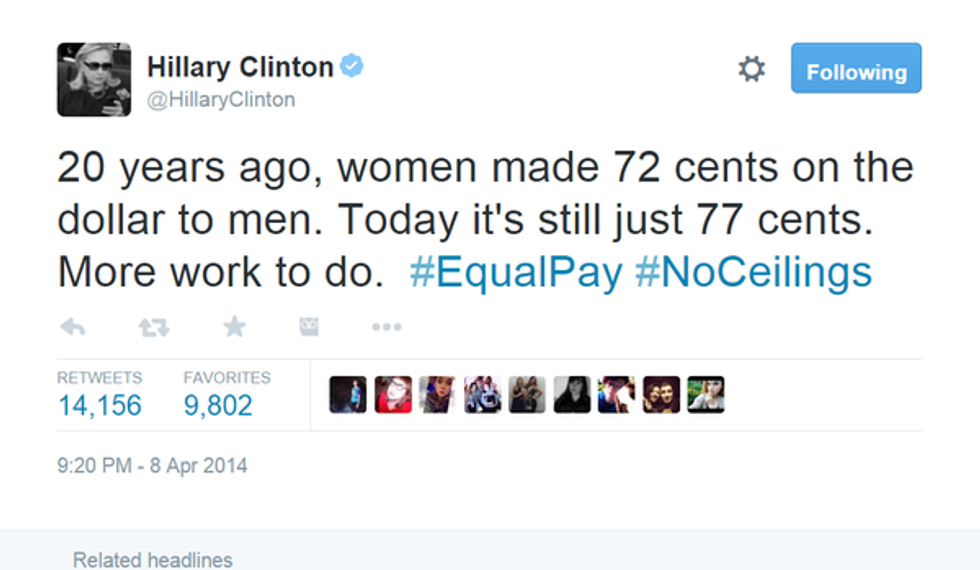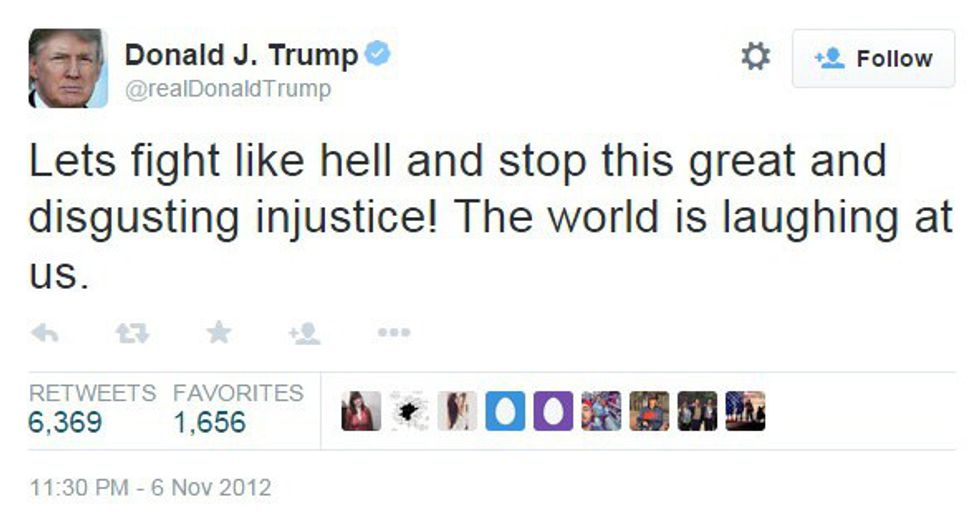As the times change, so do our elections. Technology a the key to learning more about a candidate. New technology creates new ways of reaching the people, as we have seen in the past. In 1960, John F. Kennedy and Richard Nixon faced off in the first televised presidential debate. In 2010, Obama became the first president to send out a Tweet. Now, it is 2016, and this year will be known to many as the first “internet election."
For a generation who is constantly on the internet, this is great news. Instead of tuning into a debate or speech, we finally have the capability to go online and learn about the candidates at our will at any time. It is easy to find information on any candidate without looking too hard. This election we have seen that candidates freely post to social media and have supports who do too. Opinions are everywhere, but how about the facts?
Unfortunately, the world is flooded with bias. Although opinions are healthy and protected, it is hard to form an opinion on a candidate when twisted information is easier to find than solid facts. Eli Pariser, a digital critic, has said that “the internet has become personalized rather than universal.” Many arguments are made solely from opinions rather than hard evidence. Many people find other people who believe the same thing they do, rather than looking at facts.
With this being said, there is no doubt a person can go looking for a crooked opinion and find someone who can back it up in some way.It is only natural that voters would look for information that supports their views, but the Internet makes it too easy. Not only is it the information that is affecting us, it is also our brains. Nicholas Carr says that the Internet is "restructuring our brains' so that we skim the surface of information.
Not only do the voters of the Internet have an impact on our views, the candidates also have a voice online as well. With Clinton and Trump having over 6 million followers on Twitter, it is no doubt their voices are heard all over the country. Twitter has proved in the last year to be a huge social media for candidates to take advantage of.
Since 87 percent of adults in the US use the internet, it would be surprising if the Internet wasn't a major source of information on the upcoming election. Although information has a strong bias, whether purposefully or not, the Internet is a great way to relay information. If voters can better their abilities to distinguish the truth from distorted reality, the Internet has a bright future in the world of elections.























